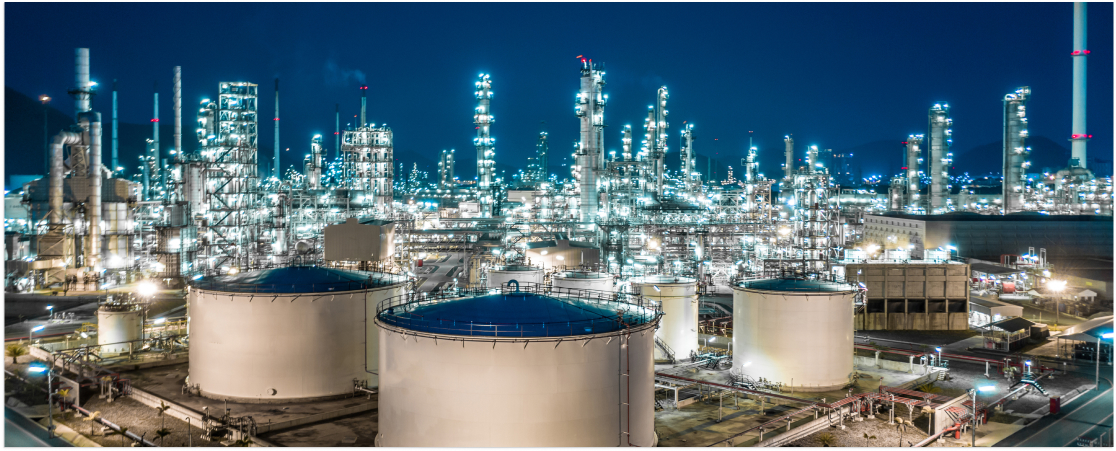Refineries
Improving refinery industry margins with waste heat recovery
The extensive refinery processing infrastructure is rich in opportunities for energy efficiency improvement. QHT tech reduces your OpEx to the point of actual value generation, which supports your other abatement investments.

Refining
QHT integration in refinery operations
We have highlighted some examples that are relevant to refinery process activities.
It is clear that every plant has other essentials and priorities. We are keen to help you evaluate the potential of your particular infrastucture. Provide us with the specifics of your situation.


Coker Unit
In this refinery unit, bottoms are further thermally cracked with steam into coke on one hand and lighter products on the other hand. The different non-solid products are separated in the coker main fractionator column. The different coolers and condensers present in the side cuts of this distillation column are valuable waste heat sources to apply the QHT technology. Concrete examples are: coker gasoil coolers and the main fractionator overhead condenser, containing mostly heavy naphtha. The QHT can turn the load of these coolers into CO2-neutral and quasi OEPX-free steam.”

Hydrocracker Unit
A hydrocracker converts heavy gas oils and heavy diesels into light distillates (naphtha, JET, Diesel, etc.). This essential process unit is expected to still be of value as the energy transition proceeds. The residual heat of the hydrocracker unit is currently cooled to ambient. Vast amounts of heat are thus vented to the environment while these energy flows could easily be concentrated into quasi OPEX-free and CO2-neutral steam using the Qpinch Heat Transformer.
.jpg?width=2120&height=1413&name=iStock-1040506394%20(1).jpg)
Case Study: Fluid catalytic cracking
In this example, hot water is generated by recovering the latent heat from the main fractionator overhead stream and by cooling down a number of side streams such as the light cycle oil (LCO). Pay back times are calculated to be less than 4 years if the alternative is a natural gas boiler with natural gas priced at 50 €/MWh and CO2 at 80 €/ton
Why QHT technology is the best first step on the road to net-zero for your refinery plant.

Re-use your on-site waste heat


Side-step the energy issue


Huge potential savings in refineries






